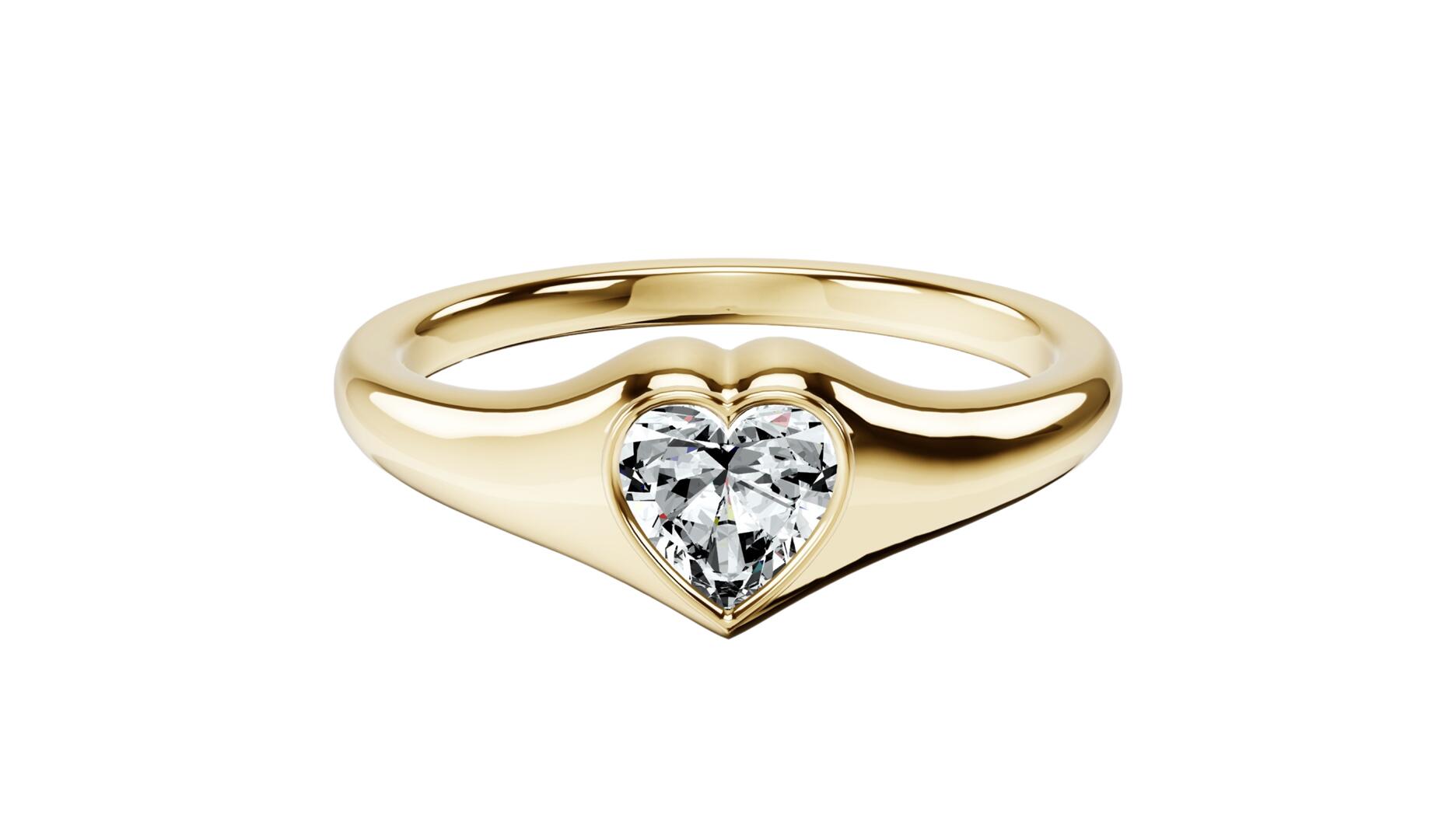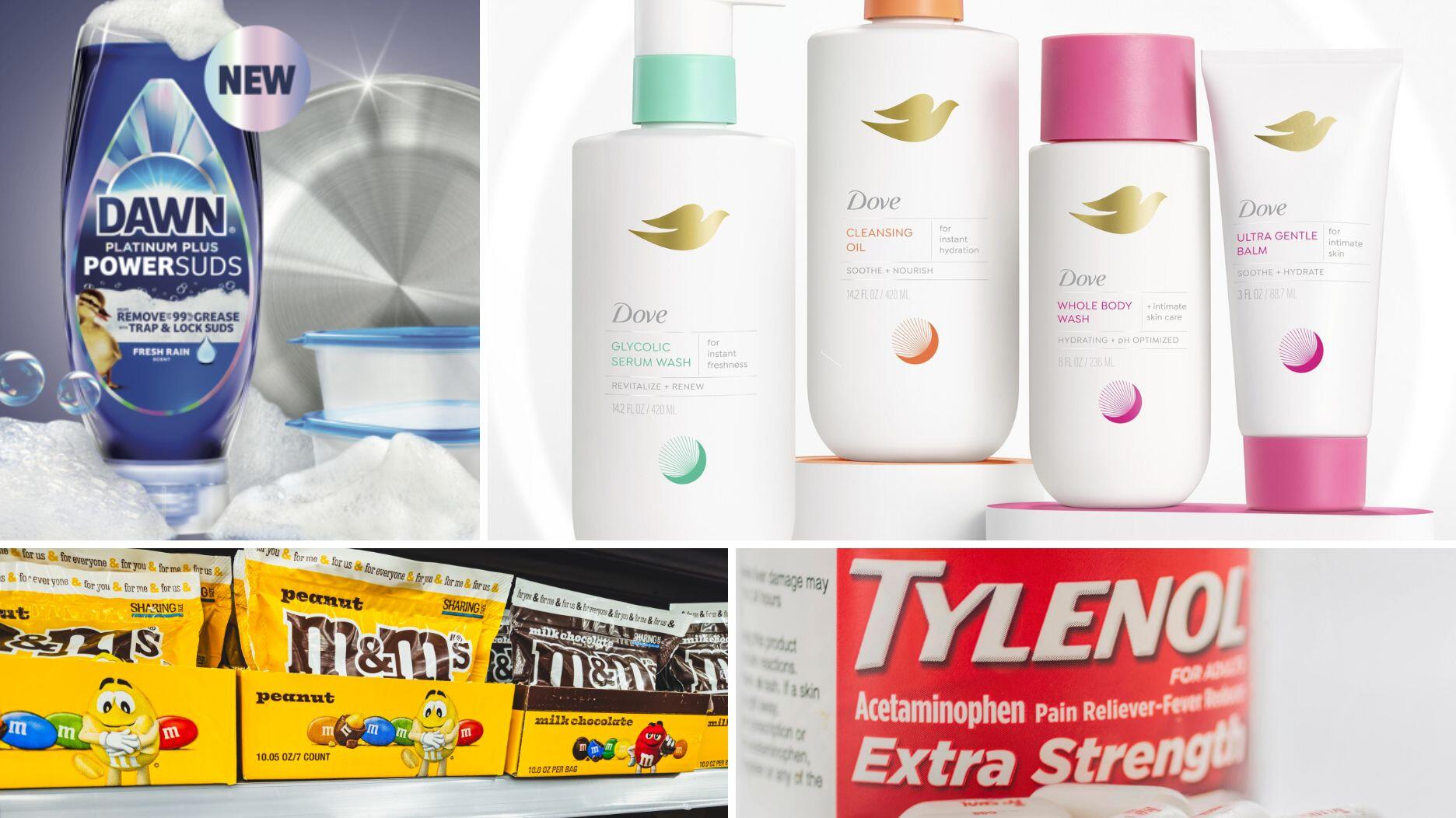Smith encourages salespeople to ask customers questions that elicit the release of oxytocin, the brain’s “feel-good” chemical.
5 Things the Latest JBT Data Tells Us
Jewelers Board of Trade President Erich Jacobs put the number of Q2 store closures in perspective, and gives predictions for the remainder of 2020.

On Wednesday, National Jeweler connected with JBT President Erich Jacobs to talk store closures, consolidations, credit ratings, and where the industry is headed in 2020 based on what JBT has seen and recorded so far this year.
Here are five highlights from that conversation.
1) We will know a lot more about which stores are reopening, and which are not, starting in Q3.
JBT’s report released July 16 showed that in the United States, 56 retail jewelers closed in Q2, down from the 105 that permanently shuttered in the same period last year.

The number of closings among wholesalers and manufacturers decreased by a similar amount year-over-year. Ten wholesalers closed, down from 24 last year, while five manufacturers called it quits, down from 9 in 2019.
So in Q2 2020, the number of retailers that closed fell by almost half year-over-year. But, that doesn’t necessarily mean as much in this environment, Jacobs said.
These include sending mail to see if it’s returned, contacting nearby businesses, asking other board members if a particular business has paid them recently, and keeping an eye out for going-out-of-business sales.
Normally, “when we say somebody is closed, they are closed with a capital ‘C’,” Jacobs said.
Now, a lot of businesses aren’t paying, keeping their normal opening hours or having going-out-of-business sales, even if it’s obvious to the owner that one is going to be necessary. This makes it difficult to ascertain if a business is closed temporarily or permanently.
“There’s no data flowing,” Jacobs said. “It’s just a sort of an artificial environment that we’re in.”
He said the JBT’s sense is that the number of jewelry businesses closures is going to rise as the year goes on and it becomes more obvious which businesses are coming back, and which aren’t.
2) Consolidations are likely to slow down.
Business consolidations, meaning sales and mergers, also were down in the second quarter.
There were a total of 12 consolidations in Q2, JBT data shows, all among retailers, down from a total of 40 in Q2 2019: 24 among retailers, 11 with wholesalers and five among manufacturers.
Jacobs said he expects consolidations to remain slow because of the uncertainty surrounding the virus, specifically its impact on brick-and-mortar retail, a prediction that’s already begun to play out across retail.
Sycamore Partners and L Brands Inc. announced in May they’d come to a “mutual agreement” to scrap Sycamore’s purchase of Victoria’s Secret.
In June, mall owner Simon Property Group said it’s looking to get out of the $3.6 billion deal to buy rival Taubman Centers, and there have been questions about whether the LVMH-Tiffany deal will go through, though the luxury conglomerate said recently that it’s just waiting on final regulatory approvals.
“In other recessions people might have said, ‘values are low, I can do some bargain consolidations,’ but you don’t know in this case,” Jacobs notes. “The uncertainty is really making things different.”
3) COVID-19 is starting to impact companies’ JBT ratings.
JBT assigns each of its member what it calls a pay score, with the scale going from 1 to 4.
A 1 means a business pays within the allotted timeframe all the time, the credit equivalent of being a straight-A student. On the other end of the spectrum, a 4 is assigned to businesses that are frequently late, like a student who gets a lot of Fs.
In the second quarter, 826 businesses saw their JBT rating increase while more than twice that amount, 1,705, had a rating decrease, for a ratio of 0.72, down from 1.05 at the same point last year.
Normally, the ratio of decreases to increases sits around a 1, meaning there’s a fairly equal amount of both.
Jacobs said in the last recession, the ratio fell below a 1 and in JBT’s most recently monthly report, which goes out to members only, “the ratio dropped precipitously.”
He said JBT knew this was going to happen, which is why it altered its credit reports earlier this year to indicate the company’s current rating as well as its pre-COVID-19 rating in the same-size font.
4) JBT has no firm date for reverting to its “normal” rating system.
The two ratings—now and pre-coronavirus—will remain on JBT credit reports for the foreseeable future.
Jacobs said the organization will go back to its standard single rating system when “governmental intervention”—increases in unemployment insurance, legislation like the Paycheck Protection Program, eviction moratoriums, etc.—are no longer required and/or when JBT’s own data shows the jewelry business is returning to “normal,” though he acknowledged there’s internal debate over what constitutes normal.
How long that might take—six months, a year, more—Jacobs can’t say.
5) The overall trajectory of industry remains the same.
More jewelry businesses are closing than opening, according to JBT data, and the number of businesses listed with JBT continues to shrink slowly.
In the second quarter, the JBT listed 24,233 jewelry businesses in the U.S., down 4 percent from the 25,217 listed at the same time last year.
The Latest
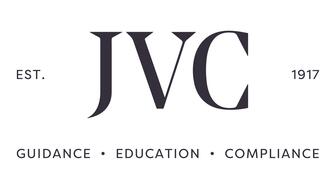
JVC also announced the election of five new board members.
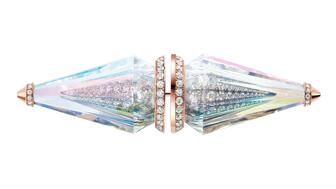
The brooch, our Piece of the Week, shows the chromatic spectrum through a holographic coating on rock crystal.

Launched in 2023, the program will help the passing of knowledge between generations and alleviate the shortage of bench jewelers.

Raised in an orphanage, Bailey was 18 when she met her husband, Clyde. They opened their North Carolina jewelry store in 1948.


Material Good is celebrating its 10th anniversary as it opens its new store in the Back Bay neighborhood of Boston.

The show will be held March 26-30 at the Miami Beach Convention Center.

Criminals are using cell jammers to disable alarms, but new technology like JamAlert™ can stop them.

The estate of the model, philanthropist, and ex-wife of Johnny Carson has signed statement jewels up for sale at John Moran Auctioneers.

Are arm bands poised to make a comeback? Has red-carpet jewelry become boring? Find out on the second episode of the “My Next Question” podcast.
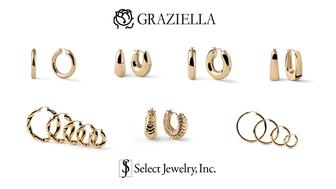
It will lead distribution in North America for Graziella Braccialini's new gold pieces, which it said are 50 percent lighter.
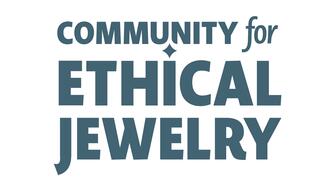
The organization is seeking a new executive director to lead it into its next phase of strategic growth and industry influence.

The nonprofit will present a live, two-hour introductory course on building confidence when selling colored gemstones.

Western wear continues to trend in the Year of the Fire Horse and along with it, horse and horseshoe motifs in jewelry.
![A peridot [left] and sapphires from Tanzania from Anza Gems, a wholesaler that partners with artisanal mining communities in East Africa Anza gems](https://uploads.nationaljeweler.com/uploads/cdd3962e9427ff45f69b31e06baf830d.jpg)
Although the market is robust, tariffs and precious metal prices are impacting the industry, Stuart Robertson and Brecken Branstrator said.

Rossman, who advised GIA for more than 50 years, is remembered for his passion and dedication to the field of gemology.
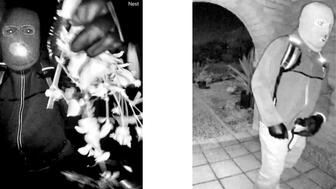
Guthrie, the mother of “Today” show host Savannah Guthrie, was abducted just as the Tucson gem shows were starting.

Butterfield Jewelers in Albuquerque, New Mexico, is preparing to close as members of the Butterfield family head into retirement.
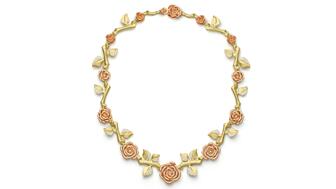
Paul Morelli’s “Rosebud” necklace, our Piece of the Week, uses 18-karat rose, green, and white gold to turn the symbol of love into jewelry.

The nonprofit has welcomed four new grantees for 2026.

Parent company Saks Global is also closing nearly all Saks Off 5th locations, a Neiman Marcus store, and 14 personal styling suites.
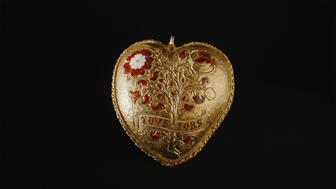
It is believed the 24-karat heart-shaped enameled pendant was made for an event marking the betrothal of Princess Mary in 1518.
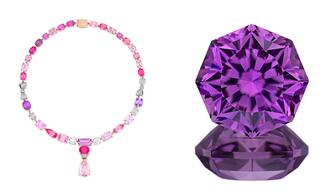
The AGTA Spectrum and Cutting Edge “Buyer’s Choice” award winners were announced at the Spectrum Awards Gala last week.
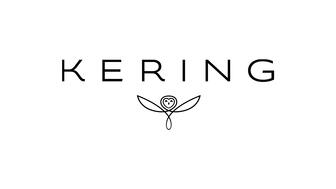
The “Kering Generation Award x Jewelry” returns for its second year with “Second Chance, First Choice” as its theme.
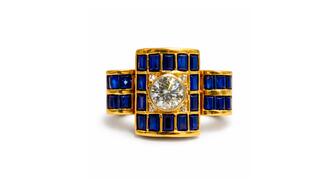
Sourced by For Future Reference Vintage, the yellow gold ring has a round center stone surrounded by step-cut sapphires.
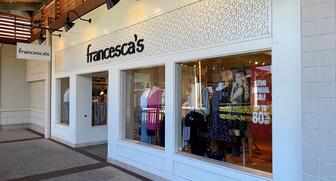
The clothing and accessories chain announced last month it would be closing all of its stores.

The “Zales x Sweethearts” collection features three mystery heart charms engraved with classic sayings seen on the Valentine’s Day candies.











